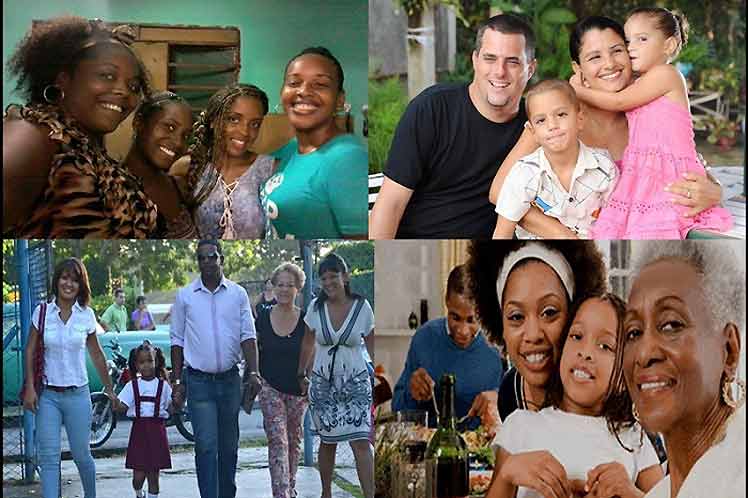“The change of name from Parental Authority (in force) to Parental Responsibility has a simple and profound foundation: it responds to the Cuban family reality that has been transformed according to the vision of rights in the treatment of children,” she wrote.
Ms. Ferrer explained in the first place that the ownership and exercise of parental authority is for mothers and fathers, who have the same level of responsibility, functions, duties, rights and obligations.
“The unique and indisputable power of man, father, almighty, has not been applied for a long time in the vast majority of Cuban families, so it makes no sense to keep a term that has fallen into disuse,” she said.
She recalled, on the other hand, that children and teenagers are subjects of rights, which means they are not objects or property of their mothers and fathers.
“Their (children and teenagers) progressive autonomy must be taken into account, this means that as they grow, develop and acquire their own criteria on things, they can make decisions, take on responsibilities and exercise their own rights,” she stated, thus implying the discipline and limits mothers and fathers have must be based on reasoning, reflection and not imposition and violence.
“Tax authority based on fear must be replaced by moral authority based on love,” she explained, a concept that also promotes the 1989 Convention on the Rights of the Child signed by Cuba in 1990.
mh/pll/ode/idm










